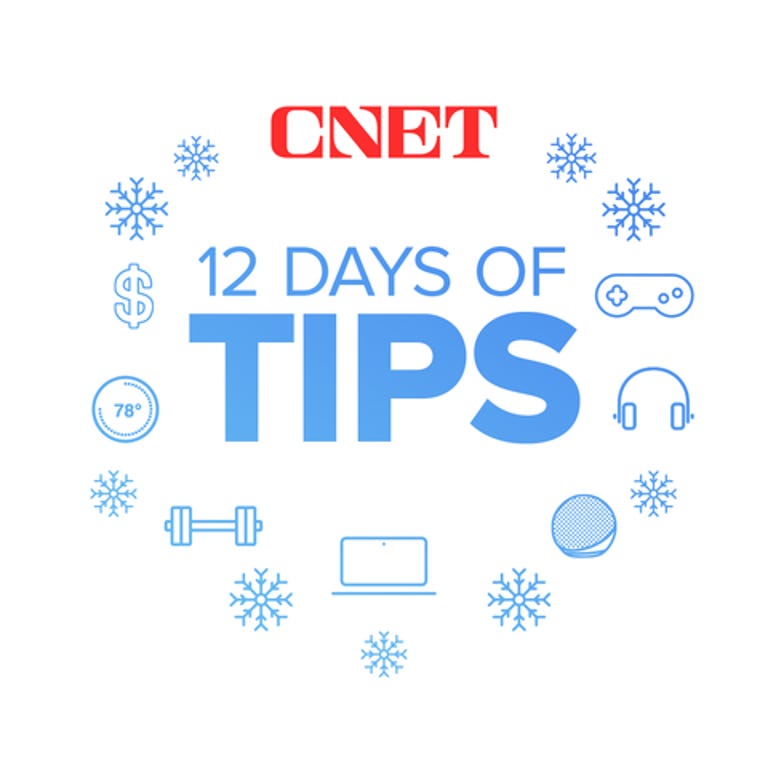
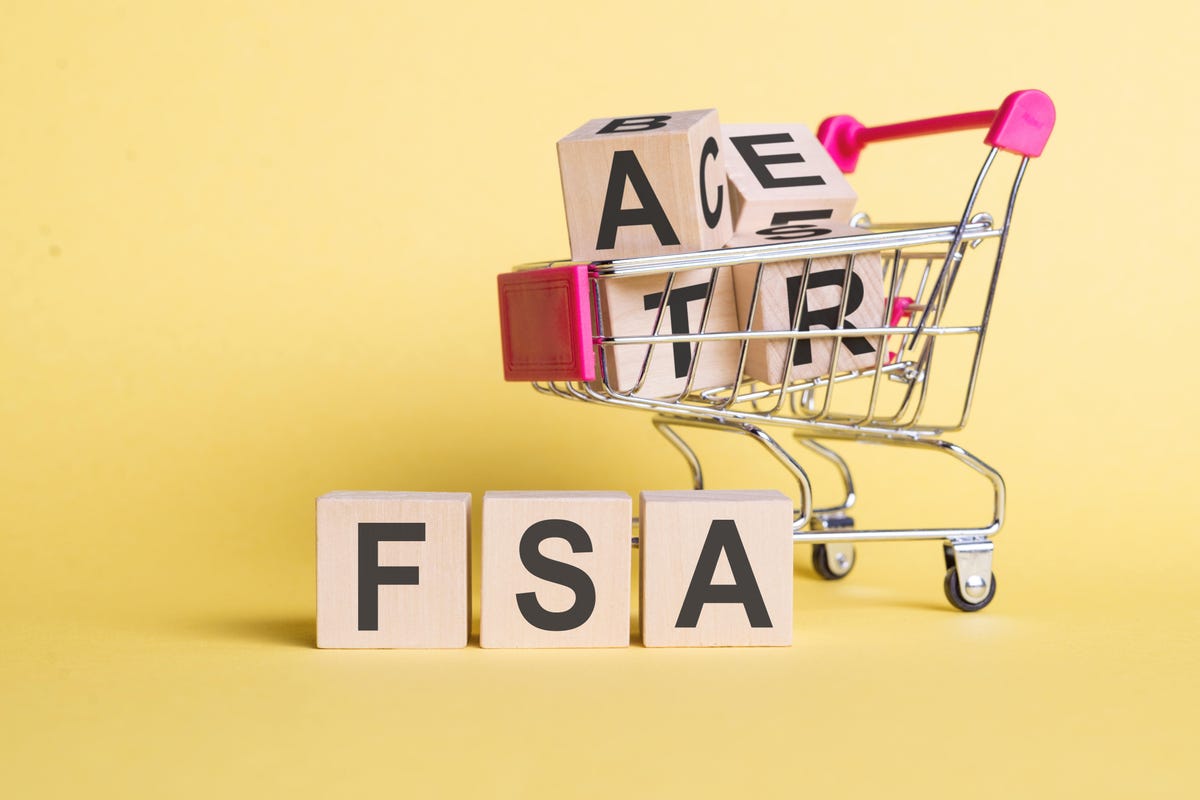
Still got money in your FSA? It’s time to start shopping.
What is a flexible spending account, or FSA?
Flexible spending accounts, also called flexible spending arrangements, are a type of “cafeteria plan” from employers that allow people to use tax-free contributions from their paychecks for specific expenses. There are several types of FSAs, but the most common are health FSAs, which participants can use to pay for medical and dental costs that aren’t covered by insurance.
With an FSA, you’ll decide how much you want to contribute at the beginning of the year, and your employer will deduct a portion of it from every paycheck.
The maximum amount an employee can contribute to an FSA is $3,050 for 2023 and $3,200 for 2024. Employers might provide additional funds to FSAs as a benefit, but those funds do not impact the employee contribution limit.
Traditionally, employees with FSAs file claims with their employers to receive reimbursement for eligible expenses. Some companies now issue a debit card with FSAs so that plan participants can make purchases directly from their accounts.
Most FSAs follow a “use it or lose it” system where unused funds at the end of the year revert to your employer, with two possible exceptions. Changes to FSA laws in 2021 allowed companies the option of giving employees up to a 2.5-month grace period (that is, until March 15, 2024) to use FSA funds or carrying over funds up to $610 into the following year. If you do carry over money from 2023 to 2024, that does not affect your yearly contribution limit of $3,200.
Employers are not required to provide either FSA continuation option to their employees, however. Every company has its own FSA rules, so check with your FSA plan administrator or human resources department for the exact details of your plan.
What can I spend my FSA money on?
Medical treatment such as doctor and emergency room visits, insurance deductibles and copayments, and prescription medicines are fair game. But there is also a long list of approved products and services that are eligible for FSA coverage.
While some FSA items are automatically eligible for everyone, other products and services require a letter of medical necessity (LMN) from a licensed physician. The following list of FSA-eligible products is not exhaustive, but it covers all of the major categories of medical and dental care that can be paid for with FSA money:
Over-the-counter medicine: OTC medications were not FSA eligible until the passage of the Coronavirus Aid, Relief, and Economic Security Act in 2020. Now, cold, flu and allergy medications, pain relievers like ibuprofen and acetaminophen, motion sickness pills, glucosamine sulfate for joint pain and other OTC medicine all qualify for FSA claims. First-aid kits and supplies like adhesive bandages and antibiotics are also eligible.
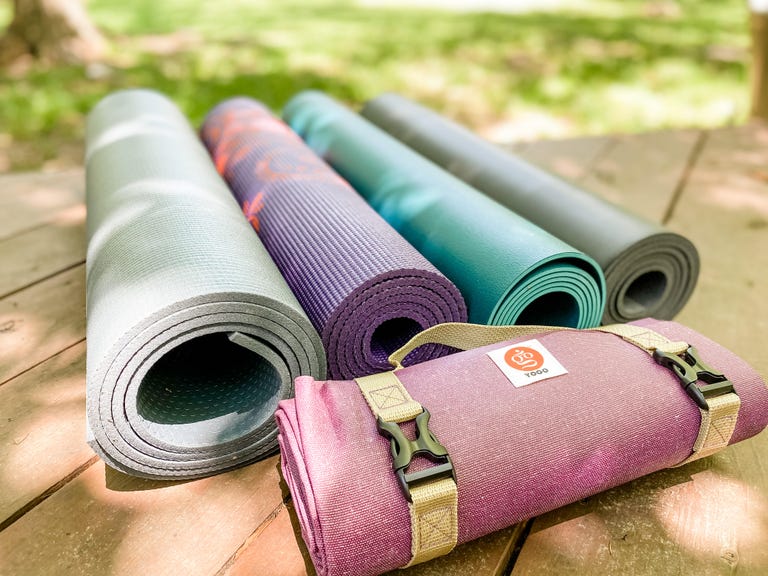
Yoga mats and classes can be paid for with an FSA, but only with a letter from a doctor.
Physical fitness: Most fitness expenses aren’t eligible for FSA coverage unless they are prescribed by a physician with an LMN. These expenses, if doctor recommended, can include personal trainers, gym memberships and yoga classes.
Athletic protection: If you’re looking to keep yourself safe and healthy during athletic activity, your FSA funds will cover many items, including athletic tape, braces and bandages, cups, face masks and mouth guards.
Muscle therapy: Most physical therapy is eligible for FSA funding, including massage devices at home. You can also use your FSA money for carpal tunnel supports, back braces or heating and cooling pads.
Foot care: Even though you can’t use FSA funds for athletic shoes (no matter how orthopedic) you can still use FSA money for healthy feet. Foot care products such as supports for high or low arches and corn removers are some of the items eligible for coverage.
Transportation: FSA money can be used to pay for travel expenses related to medical care or advice, including airplane tickets, gas, mileage and maintenance costs, parking, bus or train fares and lodging.
Alternative medicine: A few nontraditional medical products and practices are eligible for FSA funding, including acupuncture, chiropractic services, homeopathy and holistic medicine.
Health-related home improvements: If you need to change your living situation to account for an injury or medical situation, your FSA money should be eligible for most of it, including wheelchair ramps, grab bars, wider doorways, lower kitchen cabinets or counters, and home elevators,
Mobility: For help getting around, FSA money can cover many products, including scooters, wheelchairs, crutches, canes and artificial limbs. Modifications to vehicles can also be eligible for FSA reimbursement with an LMN from a doctor.
Where can I buy products eligible for FSA spending?
You can purchase FSA-eligible products and services anywhere, as long as those products qualify for reimbursement. Many major online retailers have created FSA-eligible sections that include products that can be bought with FSA funds.
Amazon, CVS, Target, Walgreens and Walmart all have their own FSA/HSA storefronts to make it easy to find qualifying products. You can also hook up your FSA or HSA card at Instacart for deliveries.
Amazon’s dedicated store for FSA and HSA accounts includes sections broken out by categories of products. The site also includes a Learning Center with useful info about spending accounts and the option to add a dedicated FSA or HSA card to your Amazon account.
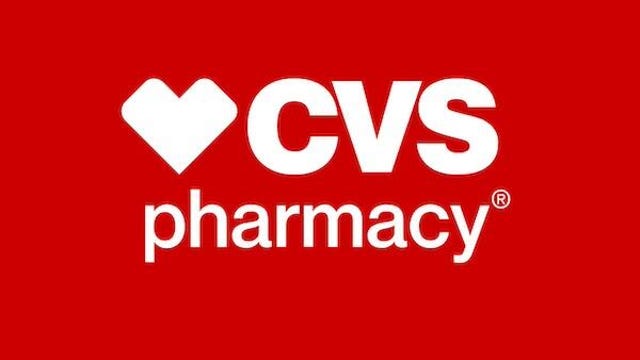
Grocery delivery service Instacart brings FSA-eligible items from pharmacies or your local market straight to your home, working with major pharmacy chains CVS and Walgreens, as well as 7-Eleven and most every other store in your area. You can mix non-eligible items with your FSA order, and new customers get their first three deliveries with no fee.
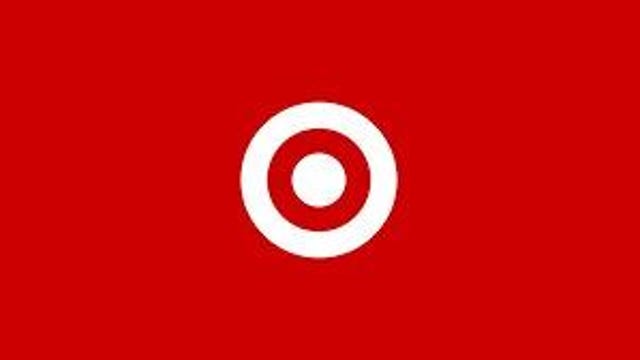
Pharmacy chain Walgreens groups FSA-eligible products into categories like other FSA stores, but it also throws in a bonus for year-end FSA spenders. From now until Dec. 31, 2023, you can get FSA-eligible items at a 25% discount — simply enter the code FSA25 at checkout (one use per order; three uses per account).
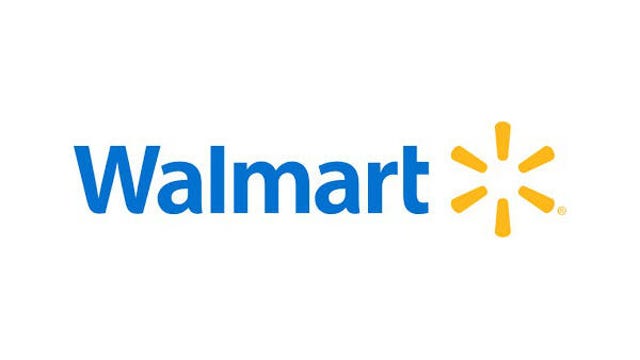
Which expenses can’t be paid for with FSA money?
Despite the long list of potential uses for your FSA money, there are some medical and dental items that don’t qualify. Here is a list of products, services and expenses that are not eligible to be covered by FSAs:
- Adoption expenses
- Athletic shoes
- Baby bottles
- Bug repellant
- Cannabidiol (CBD) products
- Car seats
- Cotton swabs
- Dehumidifiers
- Dental floss
- Deodorant
- Hair regrowth or hair removal products (including electrolysis)
- Health or dental insurance premiums
- Lactaid or other lactose-intolerance medication
- Latex or nitrile gloves
- Liposuction
- Marriage counseling
- Mattresses
- Medical marijuana
- Paternity testing
- Protective goggles or safety glasses
- Shampoo, soap, shaving cream or skin moisturizer
- Smoke or carbon monoxide detectors
- Summer or athletic camps
- Tattoo removal
- Teeth whitening or bleaching
- Toothbrushes or toothpaste
- UV protective gear
- Veterinarian costs
- Weight-loss supplements
For more health-related reading, check out 10 ways to improve your eye health daily and learn how many times is too many times to wake up and pee.


